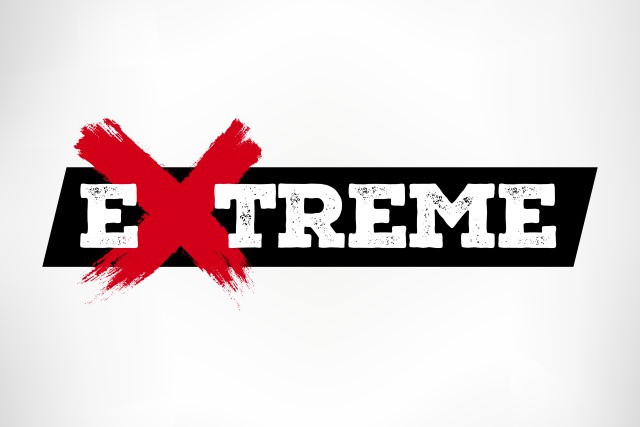Teens in Britain engage in worrying 'extreme internet use'

A report by the Education Policy Institute (EPI) says that more than a third of British teenagers are "extreme internet users." This does not (necessarily) mean they are accessing the darker, more extreme recesses of the internet, rather that they are just using it a hell of a lot.
Of the 34 OECD member countries -- which includes the US, Australia and much of Europe -- only Brazilian teens were more extreme. But with 37.3 percent of British teenagers indulging in "extreme internet use," there is a warning that this is not an accolade to be proud of.
Extreme internet use is defined by the EPI as spending at least six hours per day online. This is probably a figure that many people whose teen years are well behind them also manage to rack up, but there are concerns that there are negative side-effects for younger internet users.
The report says:
The evidence points towards a correlation between extreme use of social media and harmful effects on young people's wellbeing. Those classed as 'extreme internet users' were more likely to report being bullied (17.8 percent) than moderate internet users (6.7 percent).
Of course, correlation is not the same as causation, and even if it was, it's not clear which way a causal link might go.
The report expresses concern about the use of social media, and suggests that more needs to be done to equip "young people with skills that help them counter emerging online risks." The suggestion comes after findings show that 34 percent of UK children have experienced cyberbullying, accessed harmful content, or had another negative experience on social media.
It's not all bad news. EPI also says that social media can be beneficial to emotional wellbeing because it enables teenagers to connect with other people.
Imager credit: Ografica / Shutterstock
